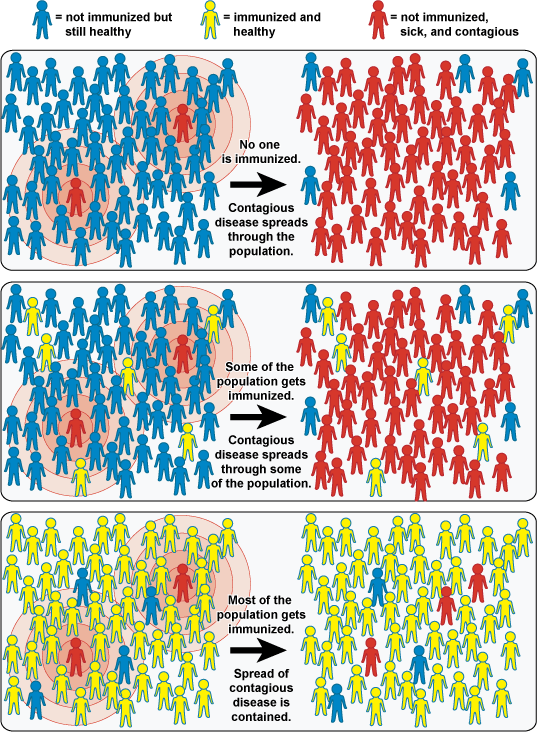Op-Ed: Why are the Campus COVID-19 Numbers Still Newsworthy?
Herd Immunity Still Exists
October 11, 2021
Georgia Southern University has seen a large spike in COVID-19 cases at the beginning of the semester only for the number of cases to settle down around 15 to 20 cases each week for the remainder of the semester by the midpoint of the semester, three semesters in a row.
The first time that happened, I could understand why people cared to look at the numbers each week to see how much risk COVID-19 posed to them.
Now, a year later, with the pattern well established that this disease behaves like many other diseases, at least in regard to patterns of infection, it makes me wonder why COVID-19 numbers are still one of the most-read topics in The George-Anne Inkwell.
It is well-established in public health that when a large group of susceptible hosts or people are in close contact with each other and even one person in that group has a communicable disease, the number of cases for that disease will increase because the infectious agent has a lot of people to infect. Then, as afflicted individuals either do or don’t recover, and as people get immunized, the disease finds fewer new hosts to infect, therefore the case numbers decrease.
With any other disease, we used to call that herd immunity. Now, it seems that COVID-19 made us forget how that works because every semester, groups of students and some faculty are always shocked that the university has so many new cases, especially in Statesboro, where the campus is larger and there are more susceptible hosts for the disease to infect. Then, by the time students start writing mid-term papers or studying for mid-term exams, the case numbers are back to average, with only about 15 or 20 every week.
If this happened for three semesters and will continue to happen likely for the rest of our lives, why is it still newsworthy? Why can’t we please move onto talking about, thinking about, and planning our lives around something, anything, other than COVID-19 statistics?




